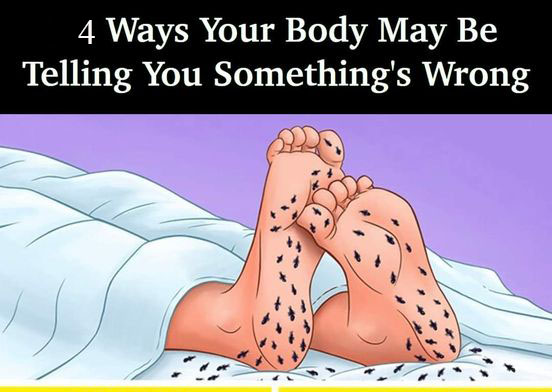Although it may seem strange, they could all be early signs of Parkinson’s disease. Symptoms of the condition normally develop gradually and worsen with time. They may include:
- Tremor (trembling) in hands, arms, legs, jaw, or head
- Stiffness of the limbs and trunk
- Slowness of movement
- Impaired balance and coordination, sometimes leading to falls
- Depression or other emotional changes
- Difficulty swallowing, chewing, and speaking
- Urinary problems or constipation
- Skin problems
- Sleep disruptions
Early indications of Parkinson’s disease are frequently subtle. For example, you may have minor tremors or have trouble getting out of a chair. You may notice that your handwriting is slow or looks cramped and small. You may even discover that you frequently talk too softly.
Many persons with the condition say that prior to experiencing tremors or stiffness, they had sleep issues, diarrhea, difficulty smelling, and restless legs.
There is no cure for Parkinson’s disease, however there are certain treatments available to alleviate symptoms. Of course, the earlier you receive a diagnosis, the more effective the treatment will be.
If you think you may have the condition, consult your doctor. Many other disorders have similar symptoms but require different treatments, therefore it is crucial to discover your precise diagnosis.
3. You’re Sleeping Too Much
Sleeping for seven to nine hours per night is healthful. If you find yourself sleeping much longer than that, or if you have difficulty staying awake during the day, it could be a symptom of a greater problem.

Hypersomnia occurs when you experience recurrent episodes of severe daytime tiredness or prolonged overnight sleep. This is not the same as feeling fatigued from a lack of sleep. Individuals with hypersomnia feel compelled to slumber throughout the day, frequently at inappropriate times. However, these naps never relieve symptoms.
A number of illnesses, such as multiple sclerosis, depression, encephalitis, or epilepsy, may be indicated by hypersomnia. A stimulant medication prescription or behavioral modifications may be part of the treatment. This could entail avoiding working nights or staying out late, altering your nutrition, abstaining from alcohol and caffeine, etc.
4. You’re Forgetful, Tired, and Have a Desire For Intimacy
see next page

